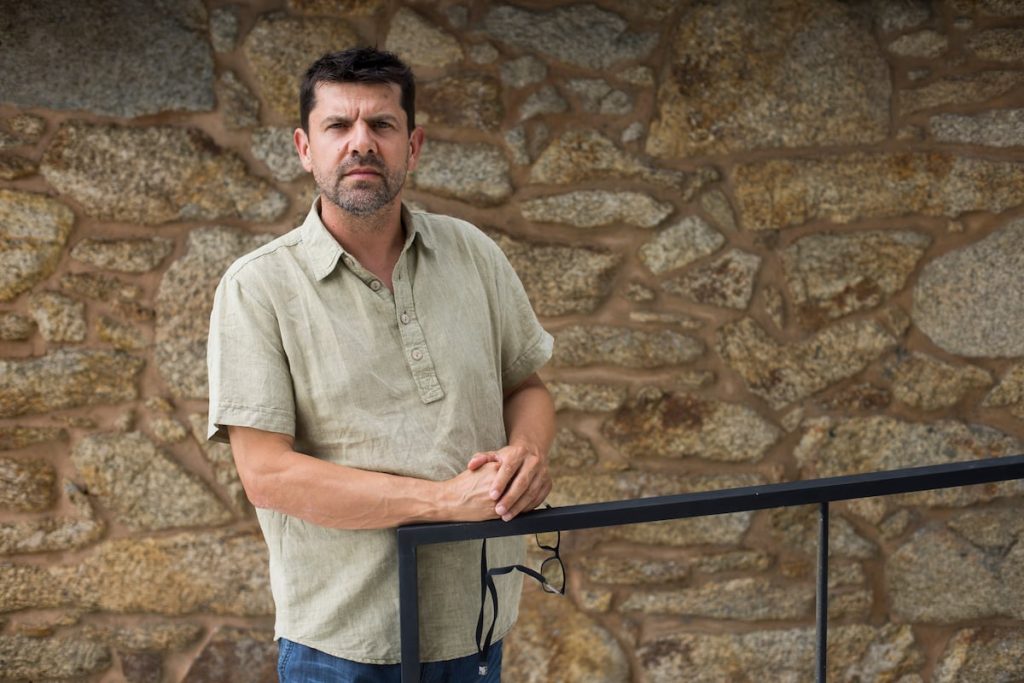Jesús Domínguez, a survivor of the Alvia train derailment in Santiago in 2013, has spent the last 11 years fighting for justice as the spokesperson for the Victims Platform Alvia 04155. The recent court ruling in their favor has exposed the safety negligence that occurred in the high-speed rail line in Galicia. Domínguez believes that this ruling holds political responsibilities, as it dismantles the official narrative blaming the train driver and highlights the failure to comply with safety regulations by both the PSOE and PP governments. He calls for accountability from politicians, including Alberto Núñez Feijóo, who was in power during both administrations.
Domínguez criticizes Feijóo for initially blaming the train driver and obstructing the victims’ quest for an independent investigation. He suggests that the neglect of safety regulations was driven by a desire to protect high-speed rail contracts, even at the cost of lives lost. He points out that the failure in safety measures was a result of haste to inaugurate the line, with individuals like Cortabitarte, who failed to ensure safety, still in positions of authority due to their connections with both major political parties.
The conversation then shifts to the challenges faced by the victims’ group in their battle against the state apparatus, including efforts to suppress key evidence and withhold crucial documents related to risk analysis. Domínguez highlights the complicity of the legal system, with the prosecution withdrawing charges against Cortabitarte during the trial due to political pressure. He also criticizes the current government for failing to conduct an independent investigation and for having the state attorney defend Adif, a public company responsible for safety.
Despite the recent court ruling, Domínguez insists that justice is yet to be fully served for the 80 victims of the Alvia accident. He emphasizes the need for an independent technical investigation and the reopening of the parliamentary commission to hold accountable those responsible for the safety failures. Domínguez expresses gratitude to individuals and institutions that have supported their cause, particularly in Europe, where they felt heard and their concerns taken seriously, unlike in Spain.
Domínguez’s activism has had a tangible impact, leading to legislative changes aimed at improving rail safety in Spain. He stresses the importance of learning from the past to prevent future tragedies, advocating for stricter safety measures before inaugurating new rail lines. Reflecting on his experience as a citizen post-2013, Domínguez highlights the pervasive influence of political power on Spanish institutions, underlining the ongoing need for transparency and accountability to safeguard public safety.


